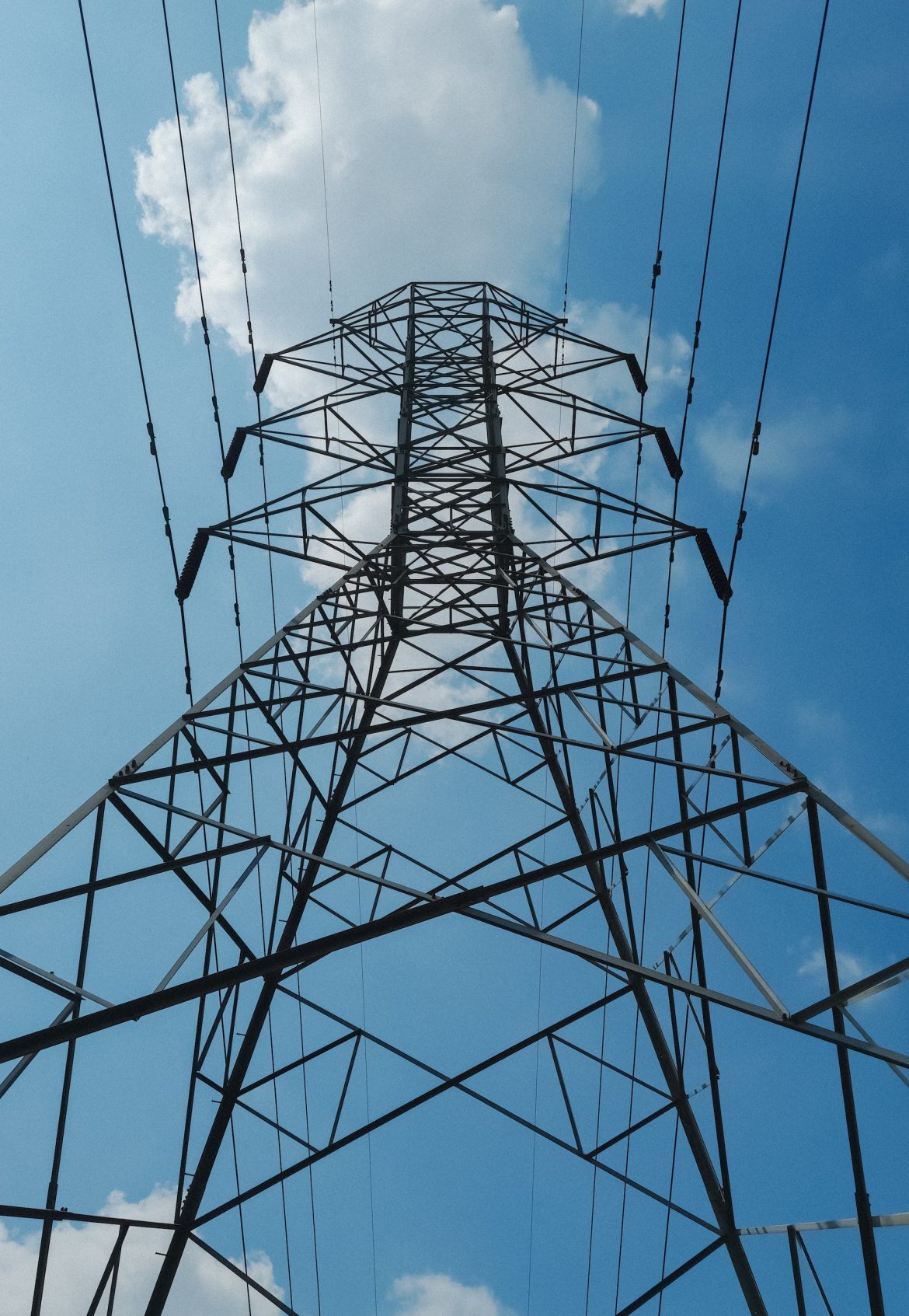The World Bank has announced a bold initiative to bring electricity to 100 million people in Africa by the end of the decade, as part of its efforts to support green and inclusive development in the continent.
The bank’s president, Ajay Banga, said on Wednesday that the organization would allocate $5 billion to fund electricity projects in Africa, with a focus on renewable and distributed energy sources. He also urged donor countries to provide more support to low-income countries that are facing multiple crises, such as poverty, conflict, climate change, and food insecurity.
According to the World Bank, only eight African countries are on track to achieve universal electricity access by 2030, while some will take over 100 years to fully electrify. At the current pace, more than half a billion people in sub-Saharan Africa will still lack access to electricity in 2030, hindering their economic and social development.
The bank’s initiative aims to address this gap by promoting private investment in off-grid and mini-grid solutions, such as solar photovoltaic stations paired with battery storage. These systems can provide reliable and affordable electricity to rural communities, health facilities, schools, and businesses, without relying on the national power grid.
The World Bank said it has already supported more than 1600 mini-grid projects in 28 African countries, serving over 11 million people. It also plans to scale up its support for grid-connected renewable energy projects, such as wind, solar, and hydropower plants, as well as energy efficiency and transmission and distribution infrastructure.
This is in line with the global efforts to achieve Sustainable Development Goal 7, which aims to ensure access to affordable, reliable, sustainable, and modern energy for all by 2030. It also aligns with the recent pledges made by world leaders at the COP26 climate summit in Glasgow, where they committed to accelerate the transition to clean energy and phase out coal.
The World Bank’s president said that the bank’s vision is to create a world free of poverty on a livable planet and that electrifying Africa is a critical part of that vision. He said that the bank is ready to work with governments, the private sector, and development partners to make it a reality.
The World Bank’s initiative has been welcomed by many African leaders, who have expressed their appreciation for the bank’s support and their commitment to implement the necessary reforms and policies to attract more investment in the energy sector. It has also been praised by experts and activists, who have highlighted the potential benefits of expanding access to electricity in Africa, such as improving health, education, gender equality, and job creation. They have also stressed the importance of ensuring that the electricity projects are environmentally and socially sustainable and that they respect the rights and needs of the local communities.
The World Bank’s initiative is expected to be formally launched at the IDA20 Mid-Term Review, which will take place in Zanzibar, Tanzania, between December 6 and 8, 2023. The review will assess the progress and challenges of the current replenishment cycle of the International Development Association (IDA), which is the bank’s arm that provides concessional financing to low-income countries.
Source: Bloomberg



